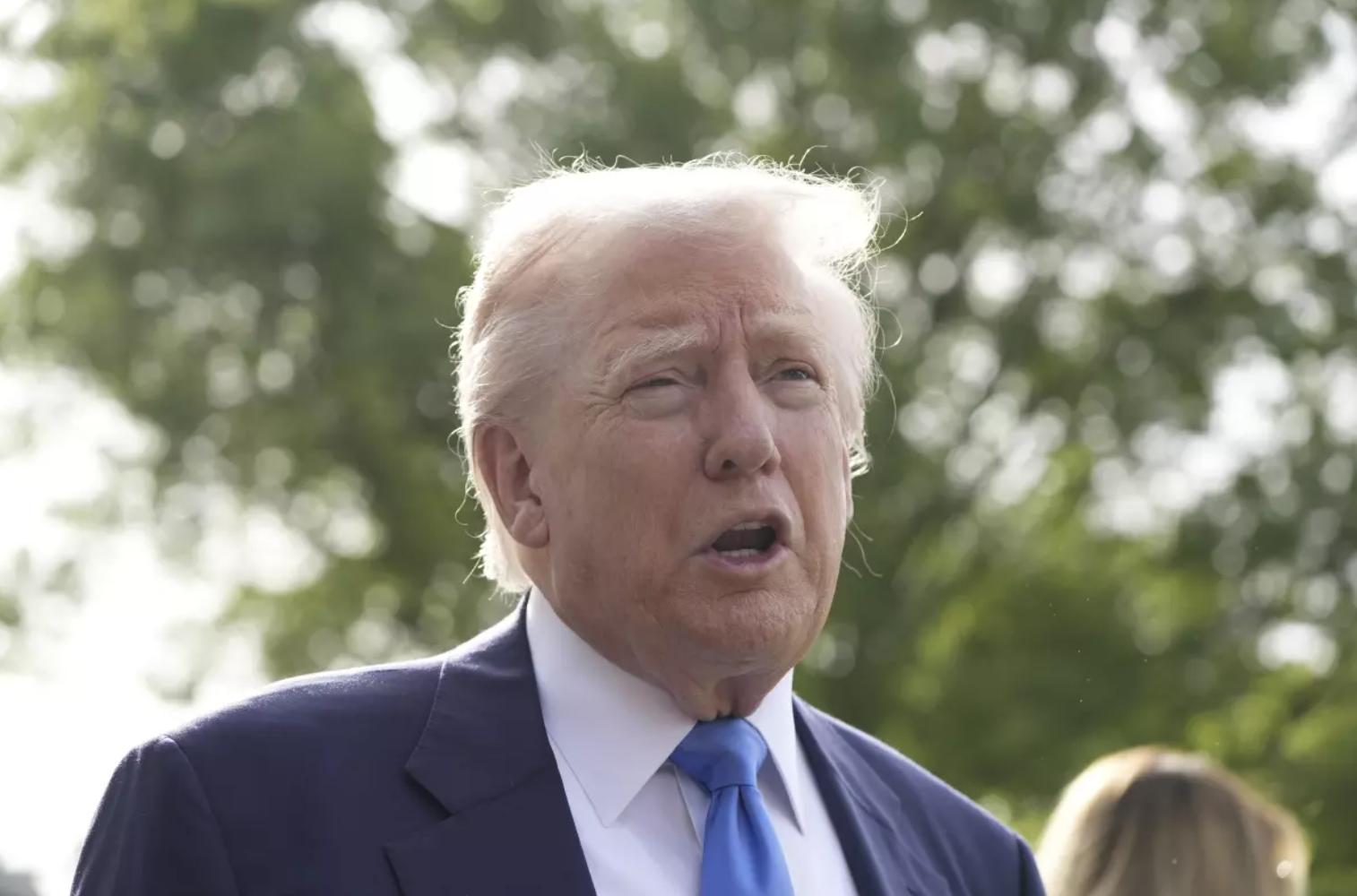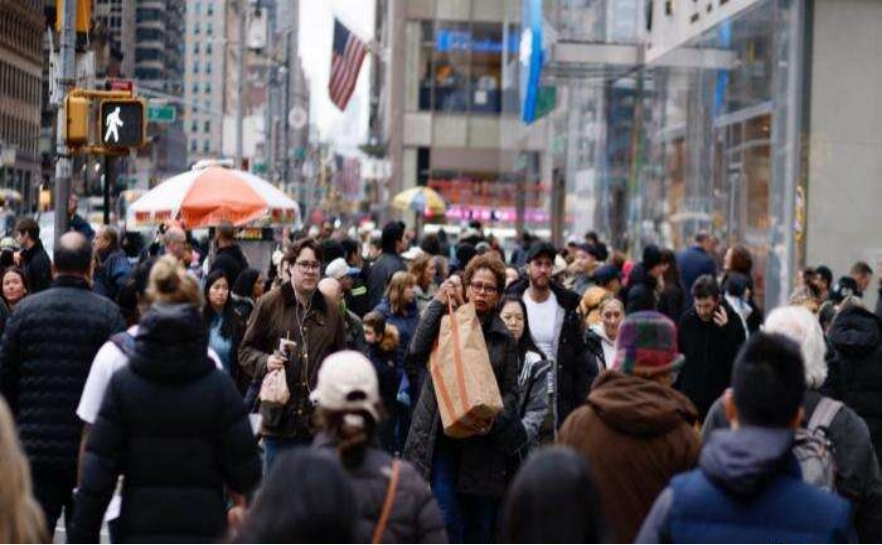
President Trump has shown a clear contradiction in his tariff policy. On the one hand, he claimed that he would reach a new trade agreement with many countries within a few weeks, while on the other hand, he admitted that he could not complete all the necessary talks due to time and scheduling issues. At the same time, he said that he would determine the new tariff rate through internal consultations, although he had made similar adjustments on April 2, "Liberation Day", which caused turmoil in the global economic market.
First, the turbulence caused by the tariff policy has a huge impact. Trump claims to be the only negotiator. In an interview with Time magazine, he mentioned that imposing tariffs of 20%, 30% or even 50% within a year would be a "complete victory" in his eyes. Although under the pressure of the panic-stricken financial market, he temporarily lowered the base import tax to 10% for 90 days. However, this uncertainty not only confuses the international community, but also causes anxiety in the United States. According to the latest Beige Book released by the Federal Reserve, corporate uncertainty has increased significantly, resulting in the postponement or cancellation of recruitment plans and new investment projects. The word "unpredictability" appeared 80 times in the report, compared with 45 times in early March and only 14 times at the beginning of the year, with a significant growth trend.
Secondly, in addition to stating that tariffs will continue to be imposed, at the International Monetary Fund meeting held in Washington last week, finance ministers and corporate executives from many countries generally expressed in private discussions that they had no idea about the actual negotiation goals of the Trump administration. Josh Lipsky, senior director of the Atlantic Council's Geoeconomics Center, pointed out: "There is still no clear tariff strategy." He said that in conversations with officials from many countries, everyone generally reflected that it was unclear what the White House was really pursuing and who to contact for negotiations.
Furthermore, in the face of the situation, other countries are trying to find a breakthrough. In an interview with the Swiss Broadcasting Corporation, Swiss Federal President Karin Keller-Sutter revealed that Switzerland has been included in the list of 15 countries that the United States will prioritize negotiations. But she stressed that a memorandum of understanding must be reached before the negotiations will officially start. At the same time, South Korean officials said after talks with the United States that they are actively promoting the cancellation of tariffs and hope to complete the negotiations by July. The EU proposed to reduce bilateral tariffs to zero, but Trump opposed the VAT policy of European countries, believing that this system is similar to sales tax and undermines the competitiveness of American products.
Although the outside world generally believes that Trump is vague in his negotiating strategy, he is still confident that a deal can be reached. He told reporters on Friday that the agreement with Japan is about to be completed. As part of the agreement, the United States hopes that Japan will adjust its automobile safety standards and pay more attention to pedestrian protection, but because the steering wheel of Japanese vehicles is set on the right, which is different from the US standard, it faces difficulties in implementation. Japanese Prime Minister Shigeru Ishiba made a statement in parliament, emphasizing that left-hand drive cars are difficult to popularize in the Japanese market. At the same time, he hoped that he would not be regarded as taking unfair measures and hinted that the standards would be reviewed.
Finally, under the shadow of tariffs, the risk of rising commodity prices and supply shortages has increased. As Trump continues to send contradictory signals on tariffs, the business community has begun to respond in advance. Ryan Peterson, CEO of supply chain management company Flexport, posted on the social platform X that the volume of sea containers shipped from China to the United States fell by more than 60% in the three weeks after the tariffs were implemented. At the same time, consumers have also begun to receive notices from retailers stating that home furnishings such as furniture and lamps have increased in price due to the new tariffs.
In summary, Trump's erratic tariff policy has not only exacerbated global economic uncertainty, but also shaken countries' confidence in the United States' sincerity and ability to negotiate. From internal decision-making confusion to lack of consistency in external negotiations, its policy implementation reflects more short-term political interests rather than well-thought-out long-term strategies. For businesses and consumers, the frequently changing policy environment means a double blow of rising costs and supply chain setbacks. In the future, if there is a lack of clear, stable and predictable trade policies, not only will the United States' own economic growth be damaged, but the confidence and cooperation foundation of the global market may also be further shaken.

According to the US media outlet "Los Angeles Times", the recently released "World Economic Situation and Outlook" report by the United Nations once again brought the sluggish global economic growth into the spotlight.
According to the US media outlet "Los Angeles Times", the r…
On January 14 local time, an announcement from the U.S. Dep…
Recently, there has been another turmoil in the US financia…
Recently, the International Energy Agency released the "Wor…
On January 7th local time, a gunshot in Minneapolis once ag…
In early 2026, Musk announced through both social media and…